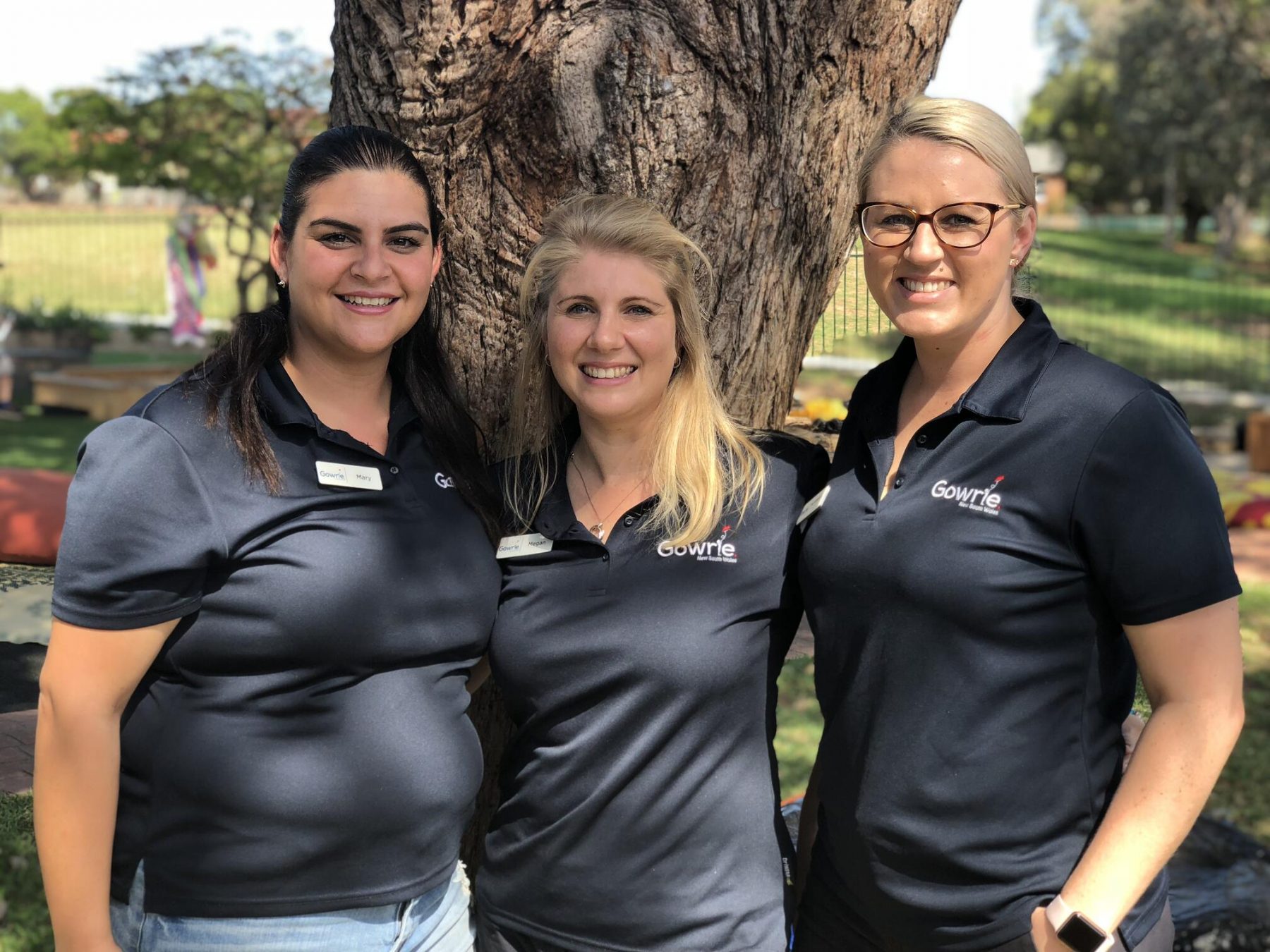Thank you for being a (critical) friend: Gowrie NSW course flips reflective inquiry

The concept of reflective inquiry in early childhood education is not new, and sits alongside more familiar terms such as reflective practice and critical reflection.
When practicing reflective inquiry, educators acknowledge the tension that exists between standards, rules, regulations and policy, and what they know to be best practice in meeting the needs of all the children in their care.
Educators sitting in that tension and thinking about how to balance it, and having those discussions with others are actively engaging in reflective inquiry, eager to find a way out. In the reflective inquiry space having a critical friend – someone who is encouraging and supportive, but who also provides honest and often candid feedback that may be uncomfortable – can be the most helpful person to work alongside.
In March, Gowrie NSW will host a webinar with Dr Diane Kashin, a Canadian early childhood teacher and academic who is currently writing a book on the concept of critical friendship. Jessica Horne-Kennedy from Gowrie NSW recently spoke with Dr Kashin about her work. Extracts from their conversation appear below.
How does critical friendship relate to early childhood education?
The theory of critical friendship, Dr Kashin said, has been around for a few decades but most of the research has focused on educators of older children.
“We experience different spheres of friends in our life,” she continued.
“The friends that share our professional context can be a source of support and can help us reach professional learning goals when they become critical friends. A critical friend takes “the time to fully understand the context of your work” and the goals you are working towards. “The friend is an advocate for the success of that work” (Costa & Kallick, 1993, p. 50).
“Critical friends help us address and improve practice. Let’s say, you have a friend that you work with who is having difficulty writing meaningful documentation. As a critical friend, you will offer critique, not criticism from a position of love because you want the best for your friend. It is not always easy to recognize the need to change, your role as a critical friend is to make it easier because you are there to support, encourage and help your friend shine.”
Can critical friends help us to reconnect?
With many early childhood educators feeling disconnected from one another, and from the profession as a whole due to the pandemic, Jessica asked if critical friendship can offer a tool for professional reconnection.
“Working in the early years can feel isolating,” Dr Kashin responded.
“Critical friends make a concerted effort to lift each other up to a point where you feel less lonely. Your critical friend is your sounding board. Your critical friend is always there for you. Turn to your friends during difficult times. That is what friends are for!”
Throughout her own career, the doctor’s friends have supported her professional learning and growth, and she’s sought that out because “when you are in a critical friendship duo, you accept that you are not in competition with your friend. Therefore, you don’t feel threatened by the successes of your friend.”
Circles of Support for early childhood
Dr Kashin recently shared a post about a Circle of Support (CoS) for early childhood, based on the Communities of Practice (CoP) concept.
“Here in Ontario, we have been encouraged to form or be a part of Communities of Practice (CoP),” she explained.
“I have tried to start a CoP and I have been invited to be part of a CoP. In both cases, there was something lacking. I started thinking about the concept of a Circle of Support (CoS) for early childhood educators based on the theories of critical friendship and was inspired by critical friendship circles.”
This led Dr Kashin to invite 15 others to join a pilot CoS.
“We had our first gathering last month. These wonderful individuals who are willing to give their time, hearts and minds to this pilot project will help me develop protocols that others can use to form their own CoS. This will constitute the final chapter of my book and I am so excited to share what we learn and experience.”
For those readers who wish to establish their own CoS, she offers the following advice: begin with an authentic shared experience where everyone feels a sense of belonging.
While this will look different for each group, dependent on the relationships of the individual calling the circle.
“This ensures that the CoS begins in a good way that is respectful,” Dr Kashin added.
“I will be developing more suggestions about beginning a CoS that can be used by any early childhood educator, anywhere in the world. The main idea is that it begins with a shared experience where everyone feels that their voice is heard and that they are an equal and valued member of the circle.”
Webinar information and intentions
When asked what benefits she sees for those participating in the upcoming webinar, Dr Kashin said she sees many benefits.
“My intention is that what is shared in the course will be accessible to everyone. You don’t have to be in a leadership position or be an experienced educator to be or to have, a critical friend. My hope is that the friendships that are formed will be held within our hearts as we continue to move through this transformative time. I hope that we continue to grow, improve our practice, all the while, strengthening confidence and building capacity, knowing our friends are there for us.”
Webinar bookings are available here. More information about critical inquiry is available here.
Popular

Quality
Practice
Provider
Research
ECEC in focus - Una Springwood’s intergenerational initiative brings young and old together through connection and care
2025-06-30 10:00:45
by Contributed Content

Provider
Practice
Quality
Research
Aboriginal Education Strategy drives early learning and school success in South Australia
2025-07-01 09:55:12
by Fiona Alston

Workforce
Policy
Quality
Research
Inclusive Practice Framework set to strengthen inclusion in early childhood settings
2025-06-24 11:37:00
by Isabella Southwell












